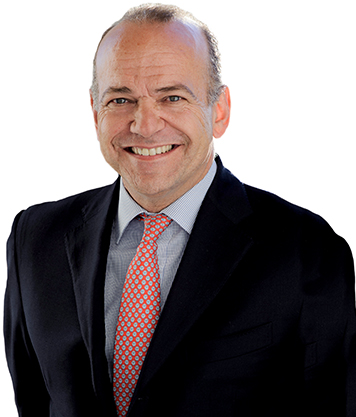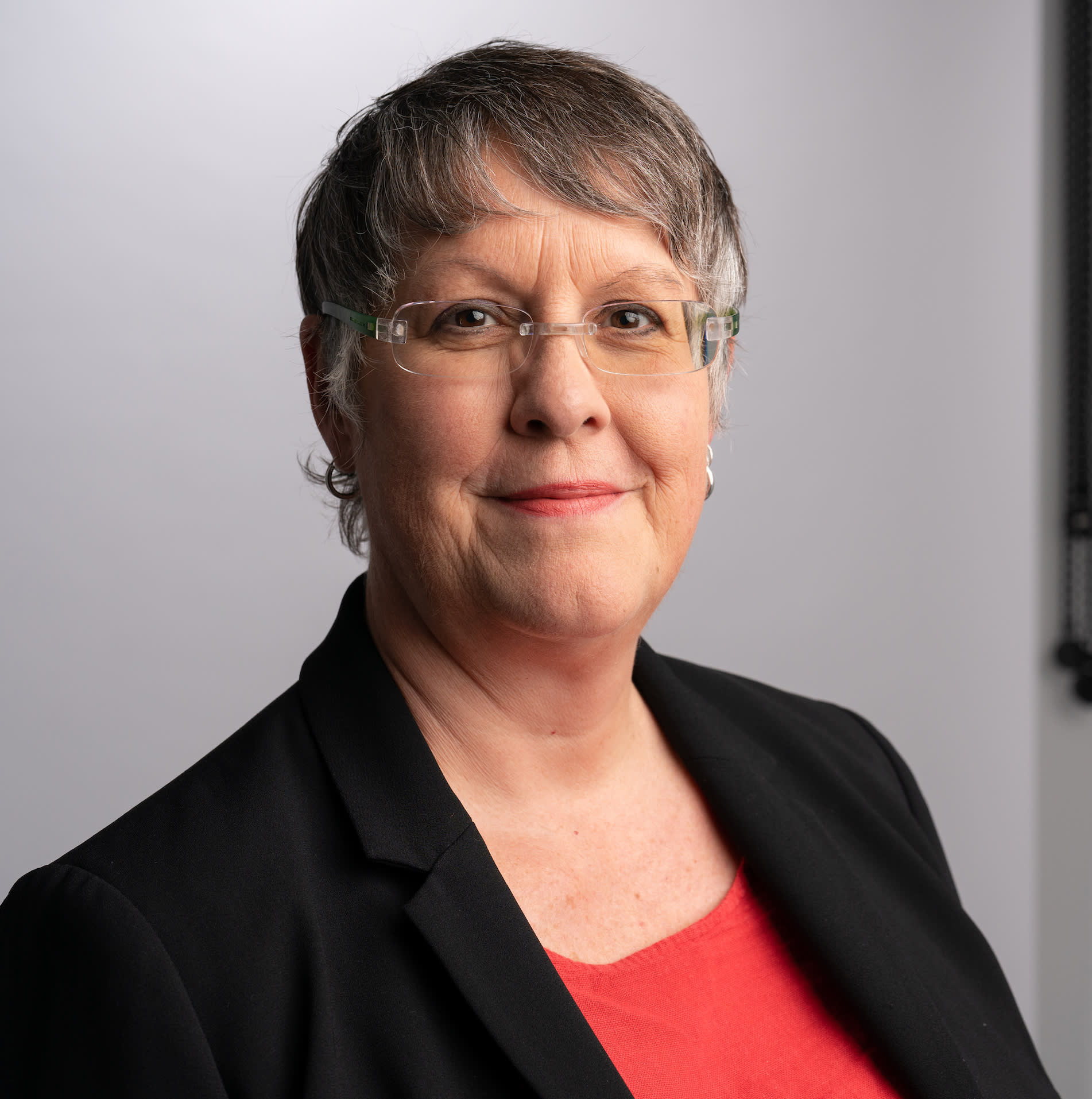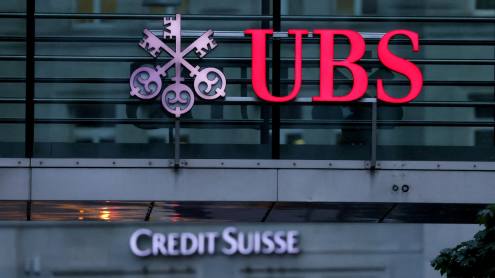Q: What has Gibraltar been doing to position itself as a blockchain hub?
A: Almost six years ago, we agreed to set up a working group at the request of the private sector. This was on the basis that it wouldn’t cost the government any money and some of our people could be part of it, to ensure our concerns would be considered. The working group drafted two consultation papers exploring whether we should get involved and, if we did, who should be the regulator, on what basis should we regulate and what should we regulate.
We considered regulating cryptoassets, but concluded that it was too challenging to do it safely. Therefore, we opted for regulating this space in a more financial services-based way, which became what we called the core principles.
Q: What is covered under the Nine Core Principles of Gibraltar’s Distributed Ledger Technology [DLT] Regulation, which came into effect on January 1, 2018?
A: We were the first jurisdiction to have a DLT legal framework in place to licence and supervise firms in this space. The nine core principles cover areas such as corporate governance, fitness and propriety, capital adequacy, security arrangements: all the areas seen in traditional financial services regulation. We intentionally gave the regulator an element of discretion as to how to regulate this space because it is moving very fast. Therefore, we felt the only way to stay current and have a system fit for purpose was to give the regulator some flexibility in implementing these core principles.
Q: What are you seeking to achieve?
A: We believe that there is huge potential in the blockchain space. It is not the answer to everything but is a clever piece of software and will be a solution for many different uses in financial services, health and so on. Gibraltar’s regulation captures anyone that holds or transfers something of value to others by way of business. That was intentional: it was our way of ensuring that anyone who touches it comes from a regulated space. We have all the anti-money laundering [AML] protocols in place and were the first jurisdiction to extend the Proceeds of Crime Act [POCA] to token sales. Protecting the consumer has been critical in our thinking when developing the regulatory regime and ensuring it is fit for purpose.
Q: What progress have you made since the regulatory framework was put in place?
A: We now have 15 firms that are licensed and being regulated from Gibraltar. These are long-term and sustainable businesses that take their reputation as seriously as we do. The over-riding philosophy is that they need to be quality firms, have their mind and management in Gibraltar, and be licensed. They are subject to the same supervisory regimes as banks or financial services firms, such as on-site inspections and AML process assessment.
As mentioned, we have extended POCA to token sales, so anyone issuing tokens from Gibraltar would need a money-laundering reporting officer and would have to go through all the onboarding processes expected from a traditional financial services firm.
As this space is moving quickly, we need to keep up with global developments to remain fit for purpose. For example, we looked at developing a token regime two years ago, because we were concerned about the boom in token sales. But by the time we came to launching the regime in 2019, it was close to the publication of the Financial Action Task Force [FATF] recommendations, so we decided to wait. Also, the market seemed to be quietening down, so the risk tapered.
Q: How does Gibraltar view competition from other jurisdictions looking to lead in DLT?
A: We believe that the more countries that get involved in this space, the greater the adoption rate. Also, if blockchain is to be adopted by institutions, either for investment or utility purposes, it will need to be regulated. Consequently, the more countries that are involved in [creating] a standard set of regulations the better.
Q: What are you working on now?
A: In the FATF review published in 2019, we were particularly interested in Recommendation 16, also known as the Travel Rule [which requires that countries collect identifying information from the originators and beneficiaries of domestic and cross-border wire transfers]. We are developing a technology solution to ensure our firms can collect client information when they are transferring money, as in traditional banking environments.
In the next few months, we are also looking to add a 10th core principle to cover market manipulation, which we believe is an increasing risk.
We are thirsty for knowledge and ask all the firms that work with us to continue the development of learning, study and research in the DLT space, in conjunction with the University of Gibraltar. For example, IOVlabs is providing a course on blockchain, which I took recently. Such an approach is good for the companies in terms of expanding the community and good for us in creating more awareness of Gibraltar and upskilling our people.













